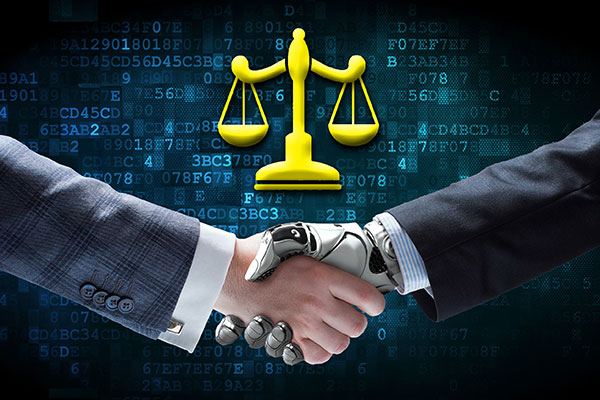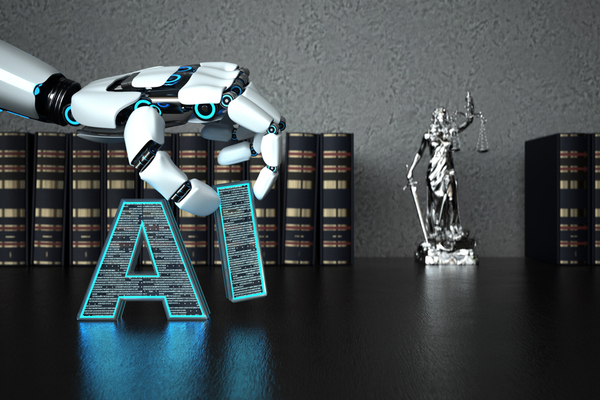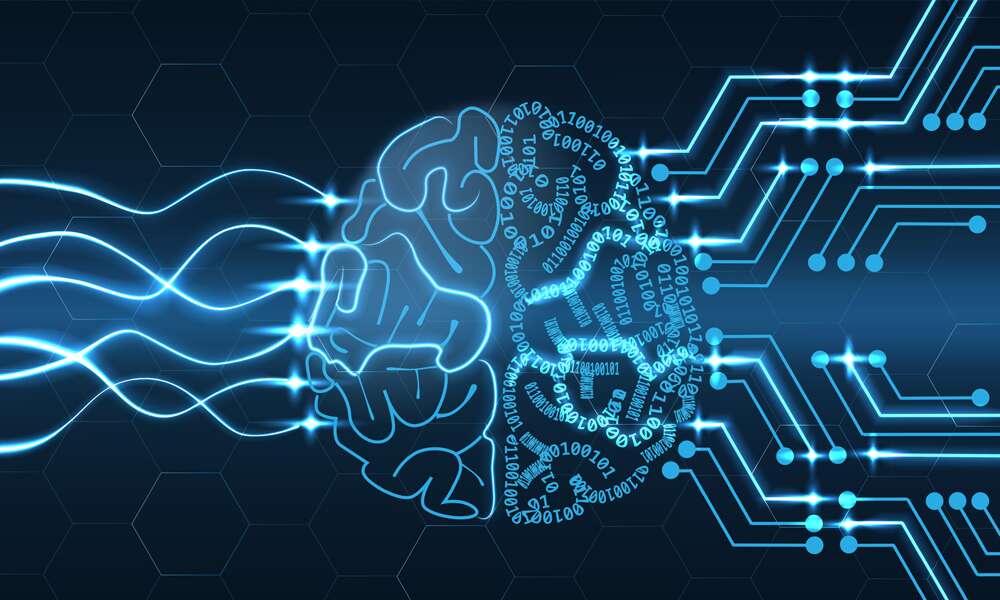The use of artificial intelligence (AI) in the legal industry is gaining traction. One of the areas where AI is expected to have a significant impact is in legal decision-making. AI has the potential to offer insights and analysis that can help lawyers and judges make more informed decisions. In this article, we will explore the potential role of AI in legal decision-making.
What is AI?
AI is the simulation of human intelligence in machines that are programmed to think and learn like humans. AI systems use algorithms and data to analyze information, make decisions, and perform tasks that typically require human intelligence. AI is already being used in various industries, including healthcare, finance, and transportation. In the legal industry, AI is being used to automate repetitive tasks and conduct legal research.
How can AI assist in legal decision-making?

AI can assist in legal decision-making by analyzing vast amounts of data and providing insights and recommendations to lawyers and judges. For example, AI can analyze past cases to identify patterns and predict the outcome of similar cases. This can help lawyers and judges make more informed decisions and reduce the time and resources spent on legal cases.
Furthermore, AI can help lawyers and judges identify relevant legal precedents and analyze complex legal documents. This can save time and improve the accuracy of legal decisions. AI can also assist in legal research by analyzing vast amounts of legal information and providing relevant information to lawyers and judges.
What are the potential benefits of AI in legal decision-making?
The potential benefits of AI in legal decision-making are numerous. First and foremost, AI can help lawyers and judges make more informed decisions by providing insights and analysis that would be difficult or impossible to obtain without AI. This can lead to more accurate and consistent legal decisions.
Secondly, AI can save time and resources by automating repetitive tasks and conducting legal research. This can free up lawyers and judges to focus on more complex and high-value tasks, such as arguing cases in court and negotiating settlements. This can also improve the efficiency of legal proceedings and reduce the backlog of cases in the legal system.
Thirdly, AI can improve access to justice by providing legal services to individuals who cannot afford traditional legal services. For example, AI-powered chatbots can provide legal advice and information to individuals who cannot afford a lawyer. This can help bridge the justice gap and ensure that everyone has access to legal services.
What are the potential drawbacks of AI in legal decision-making?

Despite the potential benefits of AI in legal decision-making, there are also potential drawbacks that need to be considered. One of the biggest concerns is the potential for bias in AI systems. AI systems are only as unbiased as the data they are trained on. If the data used to train an AI system is biased, the system will also be biased.
Another concern is the potential for AI to replace human judgment entirely. While AI can provide insights and analysis, it cannot replace the judgment and experience of human lawyers and judges. Legal decisions involve complex ethical and moral considerations that cannot be reduced to algorithms and data.
AI has the potential to revolutionize legal decision-making by providing insights and analysis that can help lawyers and judges make more informed decisions. The potential benefits of AI in legal decision-making are numerous, including improved accuracy, efficiency, and access to justice. However, there are also potential drawbacks that need to be considered, including the potential for bias and the risk of replacing human judgment entirely. As AI continues to evolve, it will be important for the legal industry to carefully consider the role of AI in legal decision-making and ensure that it is used in a way that is ethical, unbiased, and beneficial to society.











Comments